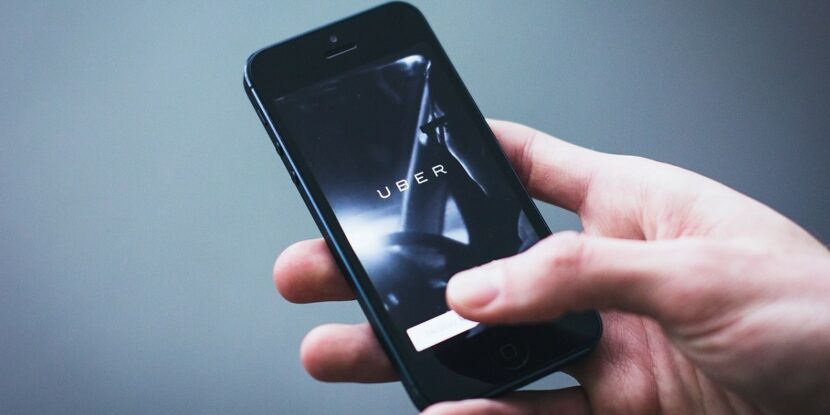This article is part of a series focusing on Lens of Liberty, a project of the Vernon K. Krieble Foundation.
In her Liberty Minute titled “Can I Give You a Lift,” Helen Krieble exposes yet another instance of government regulating an area in which it has no business:
Many cities have highway lanes dedicated to carpools — a simple way to reduce auto emissions and save gas. In Virginia, two sharp entrepreneurs using their own cars figured out that people would pay them to show up every morning to pick up riders. Lobbyists for the big taxi companies saw it as competition and got the state to ban the practice.
These overzealous regulators should have looked through the lens of liberty. They might have seen that protecting some business from the competition of others is not the state’s job. For the moment, you’re allowed to give me a lift in Virginia if you do it for free, but not if I pay you for your gas. Is it really government’s job to forbid us from carpooling if we share gas money?
I have frequently discussed useless government regulations and often find them comical. After all, what possible harm could carpooling Virginia citizens be doing to necessitate such strict laws? These regulations become far less funny, however, when we see the motivating factor behind them. Lobbyists who spend exorbitant amounts of money can greatly influence policy to the detriment of everyone else. This is especially evident in a similar case involving taxi drivers attempting to suppress competition.
Most Americans by now are familiar with the transportation company Uber. It offers the same service as a taxi, with the convenience of having a driver pick you up at your location via the Uber phone application. Additionally, it offers a set rate that you agree to prior to the trip, as opposed to taxis, which don’t disclose how much the trip will cost until the ride is complete.
Naturally, taxi drivers and other similar transportation services have become concerned about lost revenue due to Uber’s relatively new service. Unfortunately, in today’s culture of overregulation, the first response has been to institute policies penalizing Uber and protecting its competition. For instance, in Austin, Texas, Uber completely suspended operations after the city upheld strict regulations requiring its drivers to pass over-the-top security checks. Meanwhile, Washington, D.C., has opted to tax Uber rides in order to prop up its public transportation system, and Philadelphia is considering a similar measure.
Just as the regulators in Krieble’s ride-sharing case should have looked through the lens of liberty and allowed citizens to carpool, cities considering regulating Uber should look through the lens of liberty before punishing new innovations. Protecting taxi companies and other forms of transportation through unnecessary regulations clearly designed to punish one particular company sets a dangerous precedent that discourages such developments. After all, does government really want to send the message that new changes to improve an industry are unwanted?


